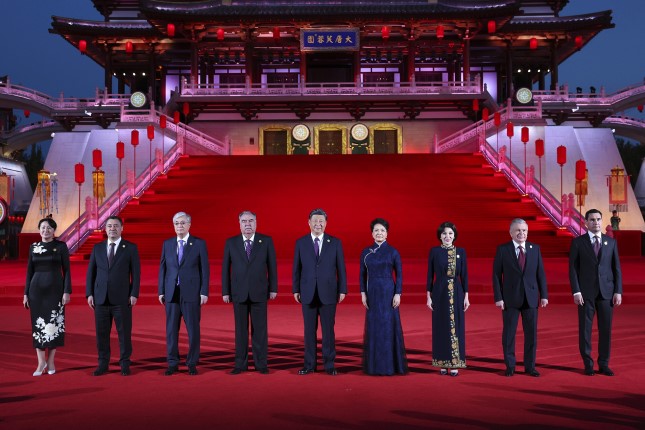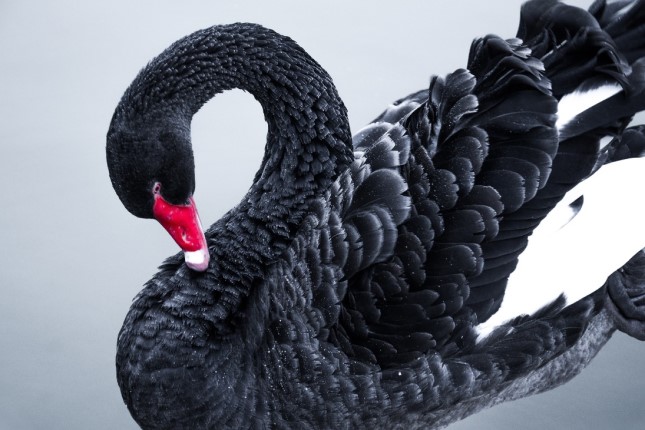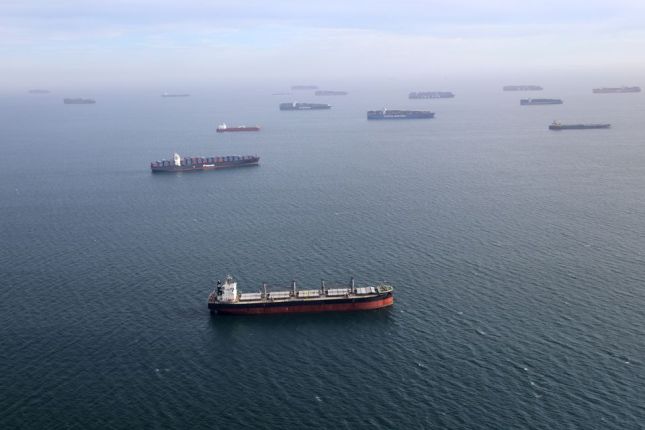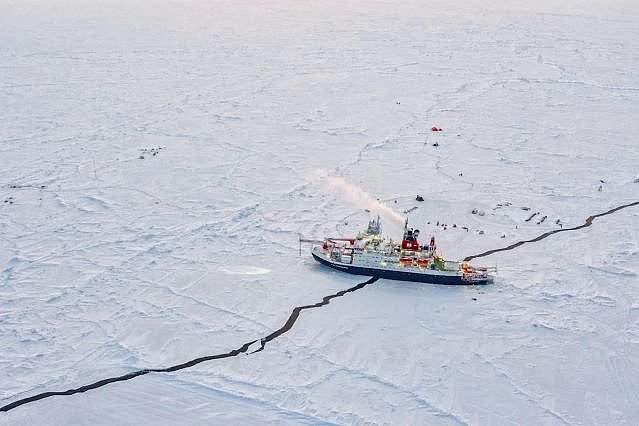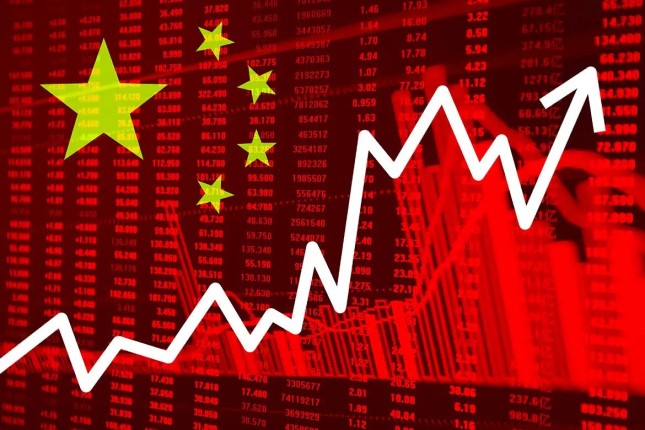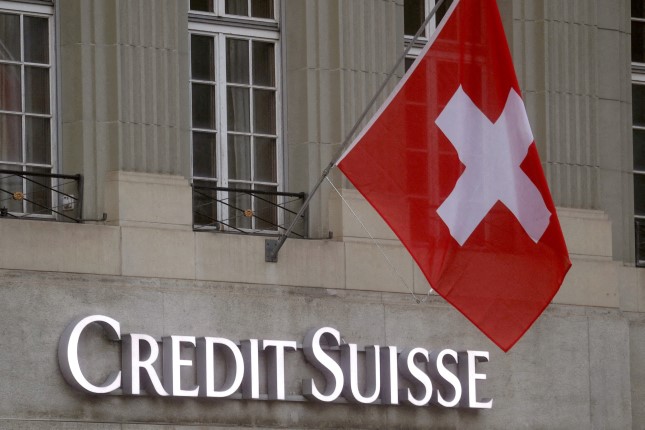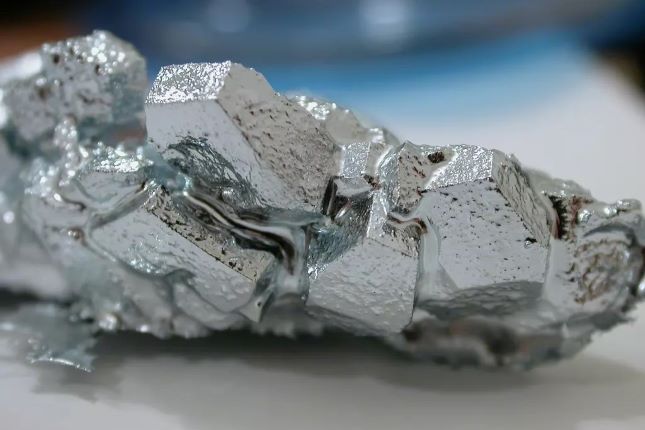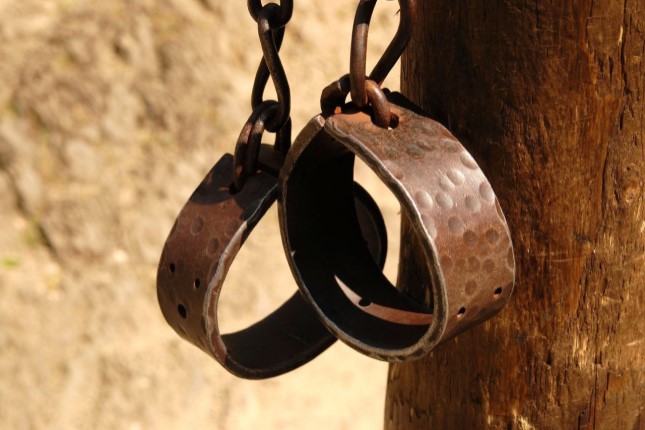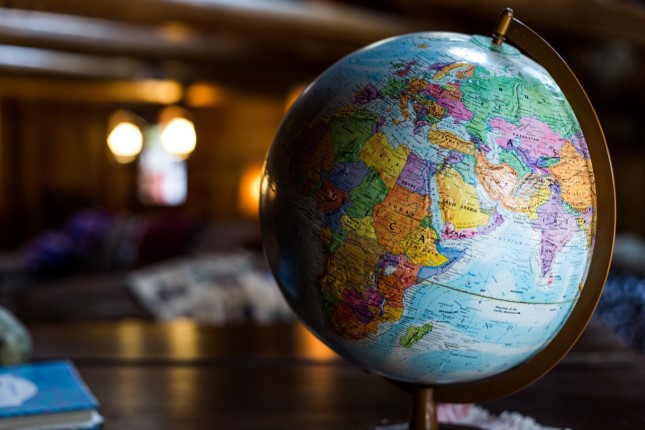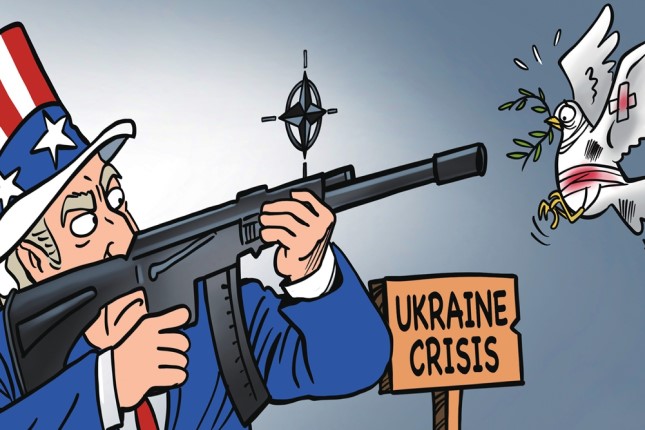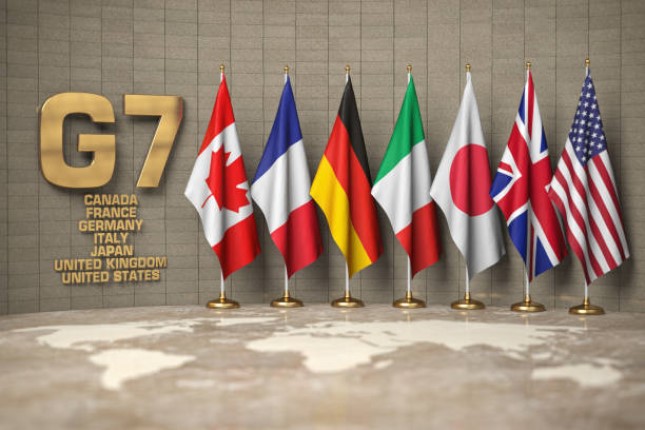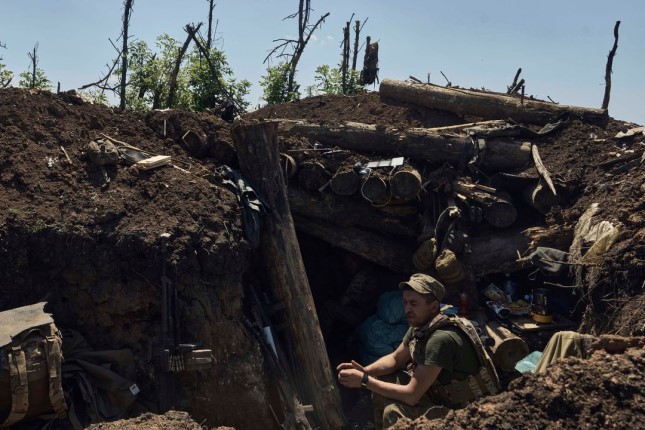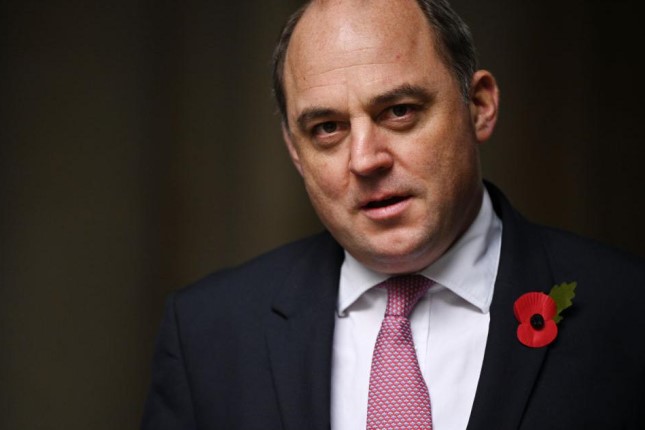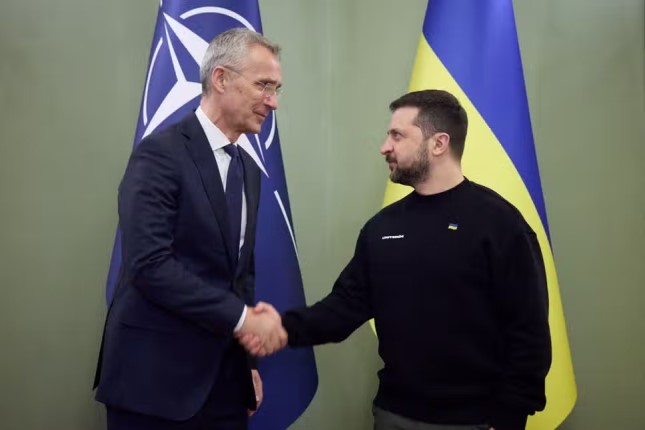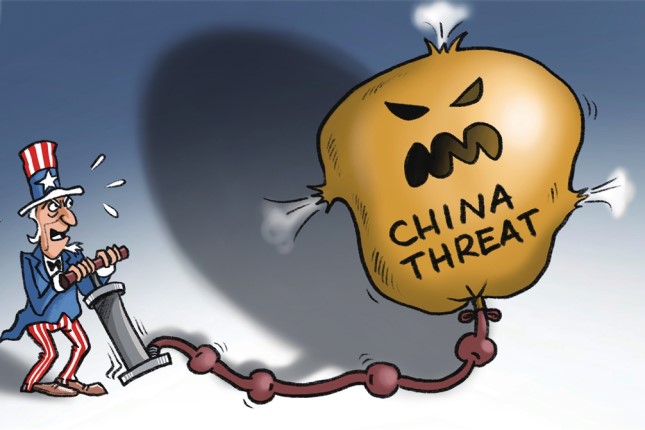In mid-May, the China-Central Asia summit was held in Xi'an, China, attended by the heads of China, Kazakhstan, Kyrgyzstan, Tajikistan, Uzbekistan, and Turkmenistan. Following the high-level meeting, a declaration on the comprehensive development of trade and infrastructure cooperation was adopted. Beijing is also allocating USD 3.7 billion in gratuitous aid to the countries of Central Asian.
Media commentators were quick to announce that China is actively implementing the One Belt, One Road project to oust Russia from Central Asia and quickly complete a transit corridor to the European Union bypassing the sanctioned Russian Federation.
However, this interpretation contradicts the logic of the unfolding global military and political confrontation, which objectively puts the "New Silk Roads" projects on hold. Chinese investments in Central Asia are aimed at establishing a calm, secure rear, which meets the interests of both Moscow and Beijing, who will have to absorb the main military strike in the West and in the East respectively.
The main point of the Xi'an Declaration, signed by Presidents Xi Jinping of China, Kassym-Jomart Tokayev of Kazakhstan, Sadyr Zhaparov of Kyrgyzstan, Shavkat Mirziyoyev of Uzbekistan, Emomali Rahmon of Tajikistan, and Serdar Berdimuhamedow of Turkmenistan is the institutionalization of cooperation between Central Asia and China. The state leaders agreed to hold Xi-an-style summits every two years (the next summit is to be held in Kazakhstan in 2025), and the Central Asian leaders received political guarantees from Beijing that it will preserve stability and provide comprehensive support to the republics of the former USSR.
The economic part of the declaration was reduced to China's support for infrastructure and transport projects, including a road to expand the capacity of railways to Kazakhstan, connecting the Chinese and Uzbek railway networks through the territory of Kyrgyzstan (once again, the need to complete the long-delayed feasibility study was emphasized).
The declaration also places special emphasis on infrastructure and transport projects. The document emphasizes the need to raise the status of Central Asia as one of the most important trans-Eurasian transport hubs, intensify the development of the China-Central Asia transport corridor, and develop multimodal transit transport along the China-Central Asia-South Asia, China-Central Asia-Middle East, and China-Central Asia-Europe routes. The China-Kazakhstan-Turkmenistan-Iran and trans-Caspian routes using the seaports of Aktau, Kuryk, and Turkmenbashi are given special attention, as well as the transit and transport capabilities of the city of Termez.
"The parties note the importance of … ensuring the smooth operation of the China-Kyrgyzstan-Uzbekistan highway, and implementing the regular work of the China-Tajikistan-Uzbekistan highway and the Western China-Western Europe Highway," the text says. "The importance of developing optimal opportunities for the transit of products from the countries of Central Asia to the markets of Southeast Asia and other Asian countries and vice versa" is also noted.
The emphasis on building alternatives to Russian land transport corridors from China to Europe is perceived by many in Moscow as a threat and by many in the West as an opportunity to tear the region away from Russia. However, in practice, these corridors will be of no strategic value and will not operate to their full potential. On the one hand, the unfolding military confrontation between Russia and the West in Europe will render the Caspian-Black Sea routes unfit for safe and stable transportation, and on the other hand, Europe, under pressure from the United States, is heading for a strategic confrontation with China.
Thus, after the Xi'an summit, European Commission President Ursula von der Leyen said in an interview with the German TV station ZDF that the EU should tighten its policy towards China and that all EU countries "are of one mind on this." She stressed that there are serious risks in relations with Beijing that must be "clearly faced head-on."
A few days earlier, Joseph Borrell, the High Representative of the European Union for foreign Affairs and Security Policy, made a similar statement. In his view, the European Union should reconsider its policy towards China in connection with "changes within China," "intensifying strategic competition between the US and China," and "the rise of China as a key player in regional and global problems." Borrel called Beijing simultaneously "a partner, a competitor, and a systemic rival."
British Defense Minister Ben Wallace went even further. The Financial Times quotes him as saying that the West could face the threat of a direct full-scale war with Russia and China by 2030, thus "preparing for defense is a primary state task for many Western countries." The beginning of Japan's integration into NATO and the proposed opening of a North Atlantic Alliance office in Tokyo can only lead to volatile Chinese-European relations.
Under these conditions, Chinese investments in Central Asia, the creation of jobs and the development of infrastructure (Beijing announced the allocation of 26 billion yuan [USD 3.7 billion] in gratuitous assistance for projects in the Central Asian republics), and support for stability are nothing more than investments towards a peaceful, prosperous, and secure rear.
The situation in Central Asia largely determines the stability and security not only of the Xinjiang Uygur Autonomous Region on the border, but also in the Han Muslim settlement zone, which stretches from the western borders to the outskirts of Beijing. Moreover, in the case of large-scale military conflicts both in the West and in the East, a peaceful rear is essential not only for China but also for Russia, which is developing ever closer ties with the Central Asian states.
